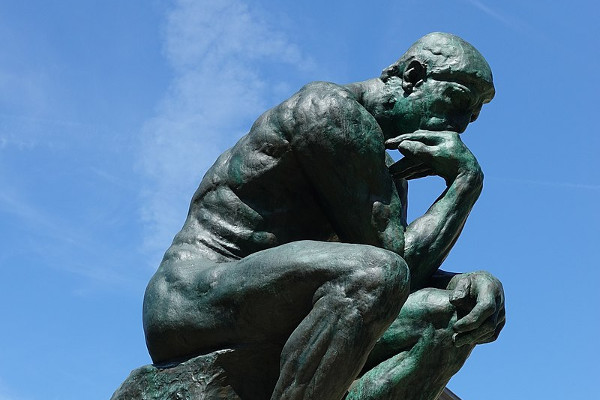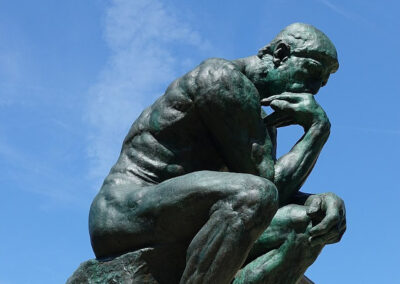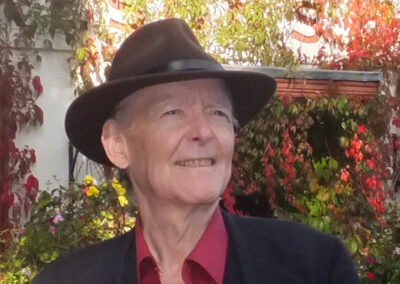Who in the West sits up at the name of Ms Youyou Tu?
Malaria is a killer epidemic with records in traditional Chinese medical literature dating from the Zhou Dynasty. Three thousand years ago Zhou Lia published his findings. Youyou Tu took from them what she found relevant for a cure in the twentieth century. And if ‘Prescriptions Worth a Thousand Pieces of Gold’ was published more recently in the Tang Dynasty of 618–907 A.D., Youyou Tu was not fussed
A trove of literature in China compiled over aeons show how plants have remedies for ill health but the Western medical establishment tends to cock a snook at the Eastern approach. Some would say that we overdo nationalist kudos in lauding discoveries here rather than in China, now rather than in antiquity. The efficacy of doctored cheese mould for a penicillin cure is down to a Scot, Fleming, in a Brit laboratory, in 1928, as is well known but you might read here first that it was Youyou Tu’s extraction of the artemisinin which inhibits malarial parasites that paved the way to the cure for malaria. Countless millions of those cured of malaria do not know the name of Ms Tu, who was admittedly working under a Communist state blanket of secrecy, ‘National Project 523’.
We are one human family and our shared world of flora and even fauna is a vital basis for most pills. Time and place is not the only key that turns the lock of discovery; we all can have something of value to say to one another. The holistic cure, an all-round way of looking at psychology and medicine, has a genesis in ancient Chinese thinking; and it is increasingly seen that acupuncture, the bedside manner, the cures of the blessed Saints, the effect of positive feelings like well-being and optimism, the Placebo Effect, herbalism, and the inter-relatedness of different parts of the body, have a part to play in curative treatment, and that they can be complementary rather than right or wrong.
Few well-designed clinical trials and systematic research reviews suggest that Ayurvedic approaches to medicine are effective but perhaps there could be more scientific testing? To take one example, the results from a 2013 clinical trial compared two Ayurvedic formulations of plant extracts against the natural product glucosamine sulfate and the drug celecoxib in 440 people with knee osteoarthritis. All four products provided similar reductions in pain and improvements in function.
What if the discoveries that might still be made if the ideas of the ancients and so-called primitive peoples were seen as offering a useful guide for experiment? It is said that the creature on earth that is best adapted to survive the radioactivity of a nuclear holocaust is a scorpion. This is not something we could deduce from first principles or from logic. Perhaps there is some distilled potion secreted by a scorpion’s gland that would be of benefit in protective clothing for use in power stations? The fruit – if it is that – of some palm tress has no known use for man and is inedible. Does it grow without any assignable purpose or is it that no one is looking for such a possible purpose?
The West takes belief in modern discovery and methods a bridge too far. What would an average Chinese person think of the eminent Australian nutritionist (name withheld for reasons of preserving family harmony) who said to a Beethoven lover: “What do you see in a composer who has been dead for over a hundred years!” 😅
Quotation from the AMA ‘Journal of Ethics’: The history of Western medicine chronicles a struggle between two opposing ideologies of patient care. On one hand, the integrative Hippocratic view; on the other, the specialization view, with an ethically problematic depersonalization of the patient that coincides with the rise of pathologic anatomy and medical technology in the early modern era. Although the modern dominance of pathologic anatomy has yielded centuries of medical progress, at times it threatens to divide and reduce the patient to a silent sum of mechanistic parts. Recent changes in medical education have begun to address the need for holistic medical care. Only with careful attention to both the individuality of illness and the universality of disease etiology can physicians most effectively care for their patients.
If this is a promising avenue for medicine to explore, there is clearly some way to go.







